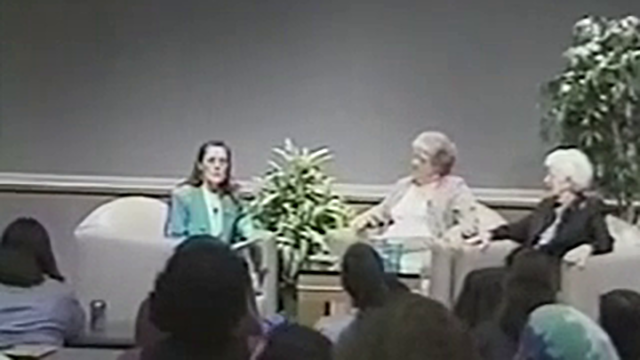It’s kind of like we could have the Congress of the United State pass a law with regards to time travel, but let’s face it you know, no one has a time travel machine so what’s the point of it? You can’t change physical laws by making administrative policy. Why should you think you can standardize complicated technology without understanding it?
Archive

One of the ways that industrial revolutions are interesting to think about is that they look differently depending on how and where you see them from. They look different whether you see them from Europe or Asia or Africa. But regardless of time or place, economists and historians generally tend to look at industrial revolutions through the lens of innovation. And in my short talk today I want to encourage a different way of thinking about this.


